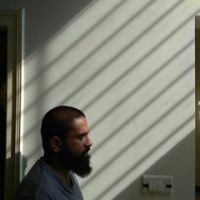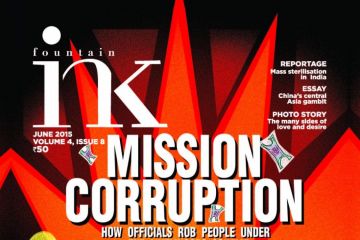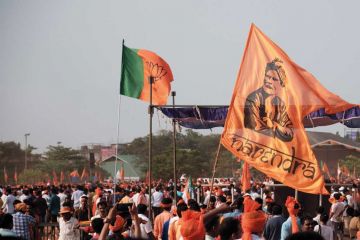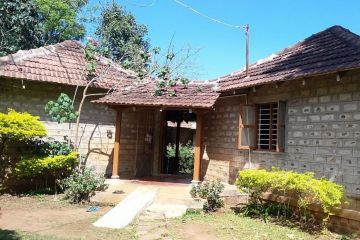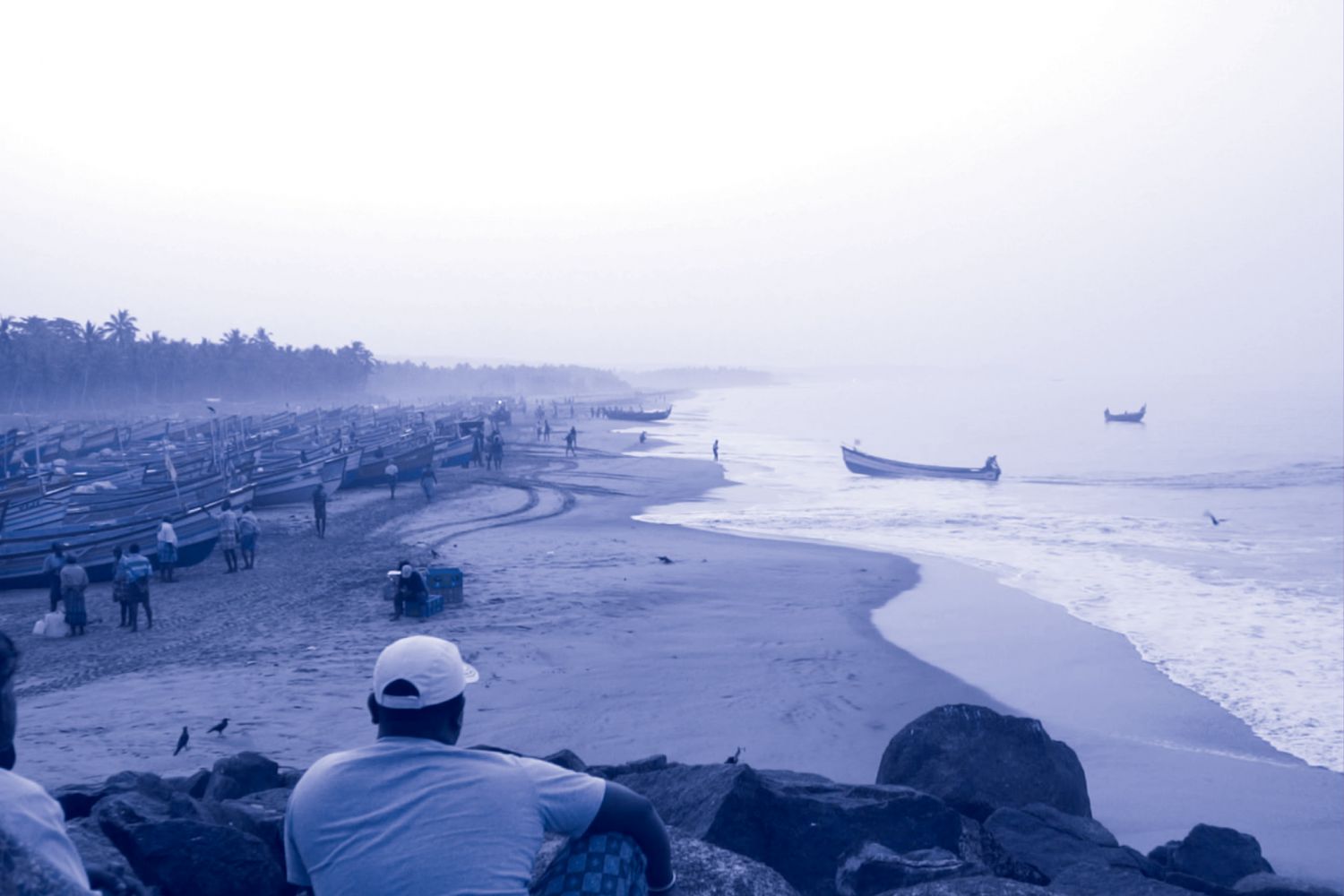
These days, Selvendran Joseph, a 52-year-old fisherman from
Poonthura village in Tiruvanthapuram, is fixated on weather warnings. He keeps
track of even mild fluctuations and ponders deeply the consequences of
inferences that could go wrong, even about storm systems he believes can
deceive science’s predictive mechanisms. As a fisherman, it is only natural to
keep a close eye on the weather. But it has been 14 months since Selvendran
went to sea, and in the the 38 years he lived as a fish

